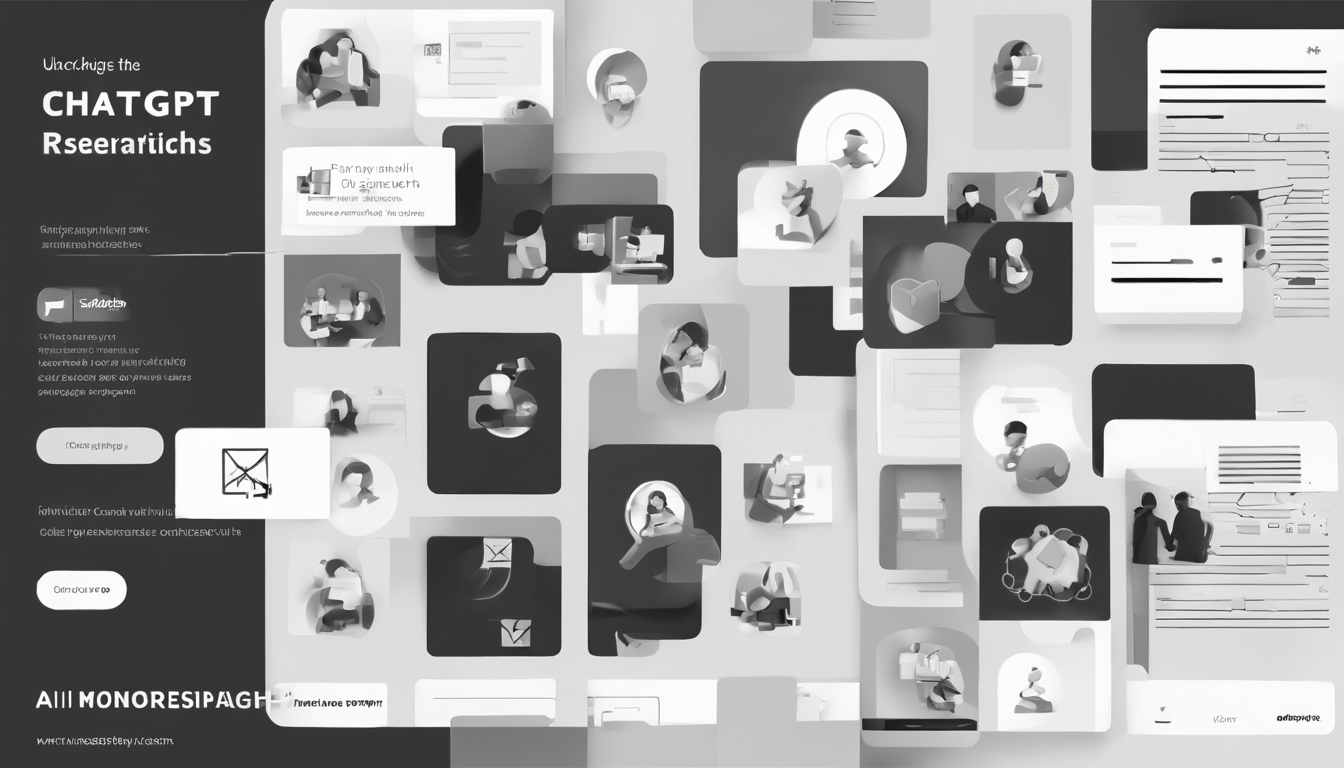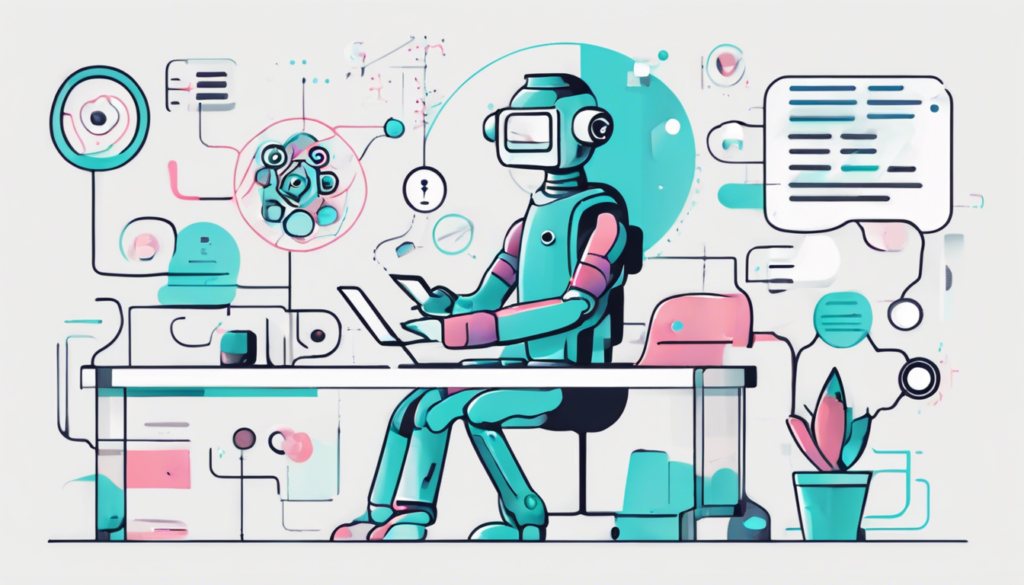In an increasingly digital world, the integration of artificial intelligence into research methodologies has become a transformative trend among professionals.
One of the most groundbreaking tools available is ChatGPT, an advanced language processing AI developed by OpenAI.
This versatile tool can significantly enhance various facets of the research process, providing insightful perspectives and automating time-consuming tasks.
In this article, we will explore the relevance of ChatGPT for research, particularly how it facilitates data collection, analysis, literature review, ideation, and addresses the ethical considerations professionals must keep in mind while employing AI in their studies.
Collaborating with ChatGPT for Ideation and Brainstorming
In today’s fast-paced work environment, professionals are constantly on the lookout for innovative tools to enhance their productivity and creativity.
Collaborating with ChatGPT for research has emerged as a viable solution for ideation and brainstorming sessions.
This advanced language model can help professionals generate a plethora of ideas, refine concepts, and even assist in developing detailed frameworks for projects.
By leveraging ChatGPT for research tasks, teams can overcome creative blocks, explore diverse perspectives, and produce more comprehensive outcomes.
Moreover, its ability to analyze vast amounts of information quickly allows professionals to focus on strategic thinking and decision-making.
Integrating ChatGPT into your creative processes not only streamlines brainstorming efforts but also enriches the overall quality of the output, making it an invaluable asset in achieving business goals.
Ethical Considerations and Limitations of Using AI in Research
As more professionals incorporate AI technologies like ChatGPT for research, it is crucial to consider the ethical implications and limitations of these tools.
While AI can significantly enhance data analysis and content generation, researchers must be aware of potential biases inherent in the algorithms and the data they are trained on.
For example, ChatGPT for research can produce insightful summaries and suggest new avenues of inquiry; however, it may also inadvertently propagate misinformation or reflect systemic biases that exist within the training datasets.
Furthermore, the reliance on AI-generated outputs raises questions about authorship and accountability in research publications.
To utilize ChatGPT for research responsibly, professionals must employ critical evaluation methods to cross-check AI-generated information against peer-reviewed sources, ensuring the integrity and accuracy of their work.
By balancing the benefits of AI-driven insights with a robust ethical framework, researchers can leverage these powerful tools while maintaining scholarly rigor.
Frequently Asked Questions
What is ChatGPT and how is it relevant for research?
ChatGPT is an AI language model that assists researchers by generating text-based insights, helping with literature reviews, and providing data analysis support.
Its ability to process and analyze large volumes of information makes it a valuable tool for enhancing research productivity.
How can ChatGPT enhance data collection and analysis?
ChatGPT can assist in gathering relevant data from a variety of sources, summarizing findings, and analyzing trends.
Researchers can use it to interpret complex data sets and extract insights efficiently, reducing the workload and time involved in traditional data analysis.
Can ChatGPT be used for literature reviews?
Yes, ChatGPT is highly effective for literature reviews.
It can quickly summarize existing research, highlight key findings, and suggest relevant studies, thereby streamlining the review process and helping researchers identify gaps and connections in the literature.
What are some ethical considerations when using ChatGPT for research?
Ethical considerations include ensuring the accuracy of the information generated, avoiding plagiarism, and being transparent about the use of AI in the research process.
Researchers must critically evaluate AI-generated content and incorporate it responsibly into their work.
What are the future trends of using AI like ChatGPT in academic research?
Future trends include increased reliance on AI tools for data analysis and generation of insights in real-time, enhanced collaboration between AI and researchers, and the development of more specialized AI models tailored to specific research fields, potentially leading to more innovative research outcomes.






